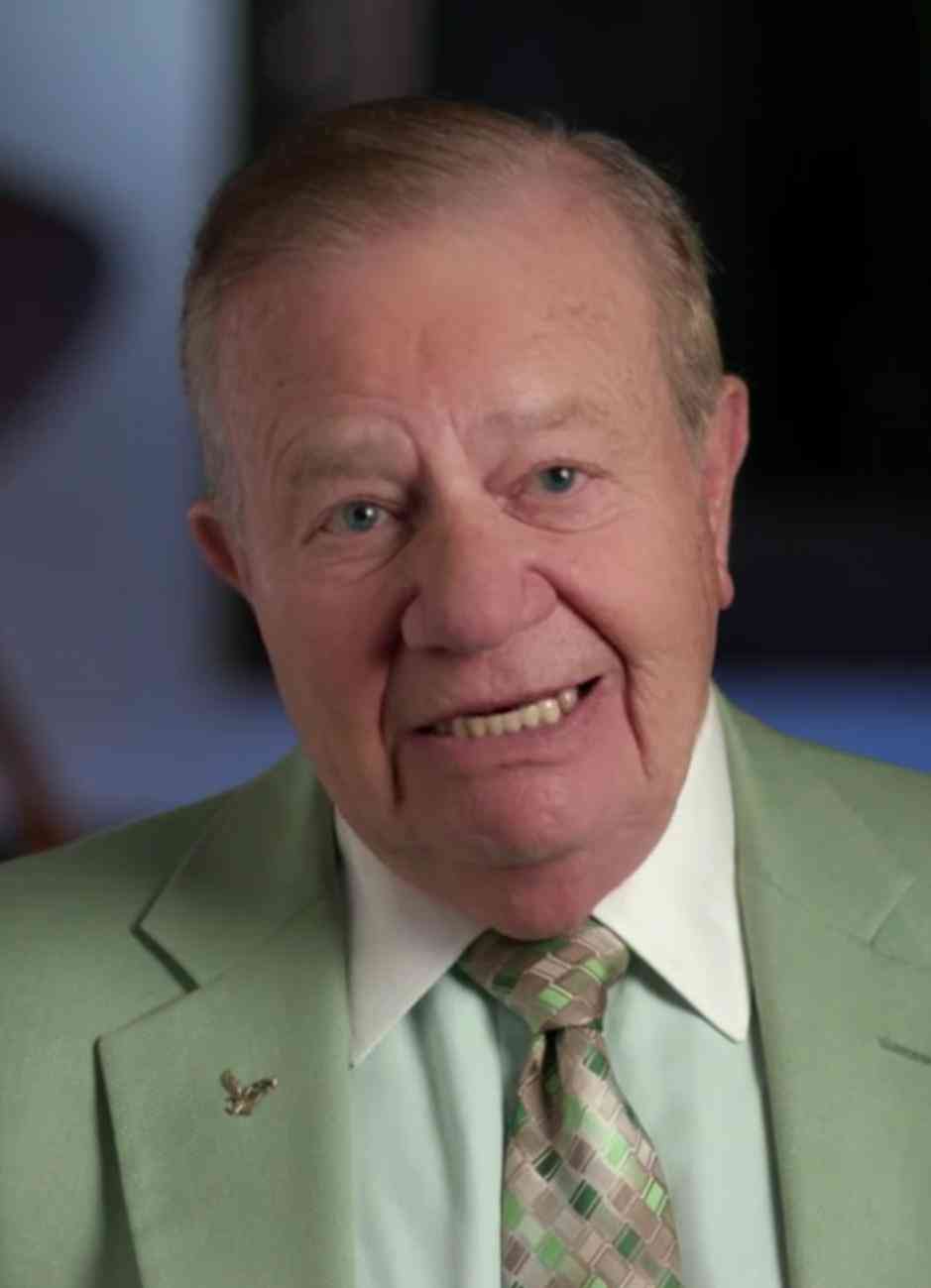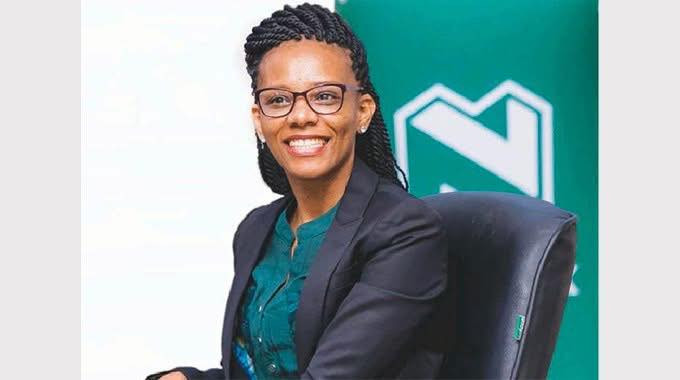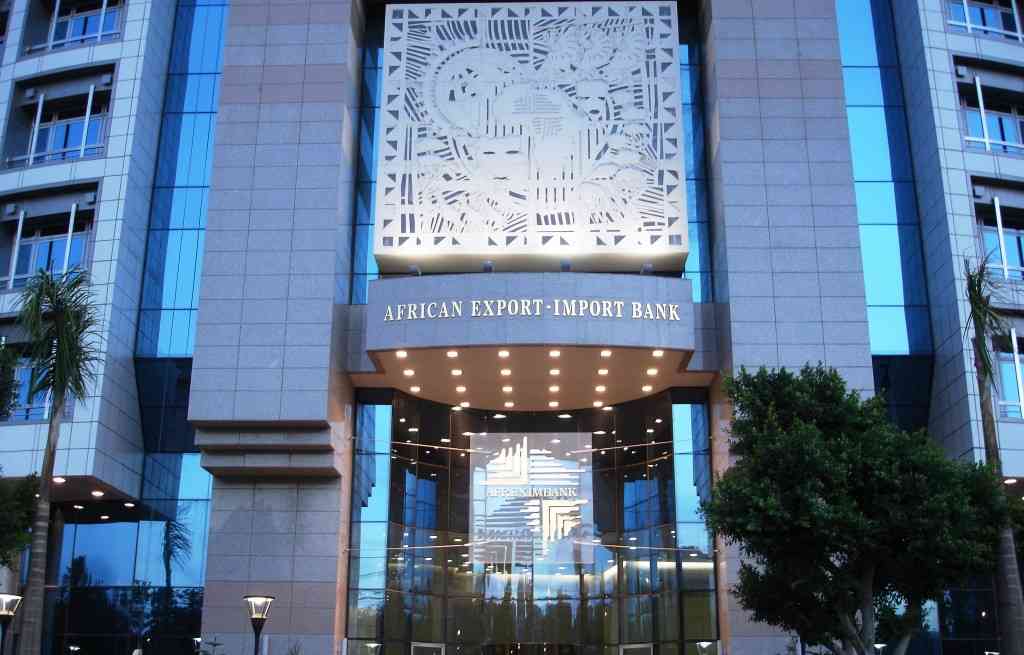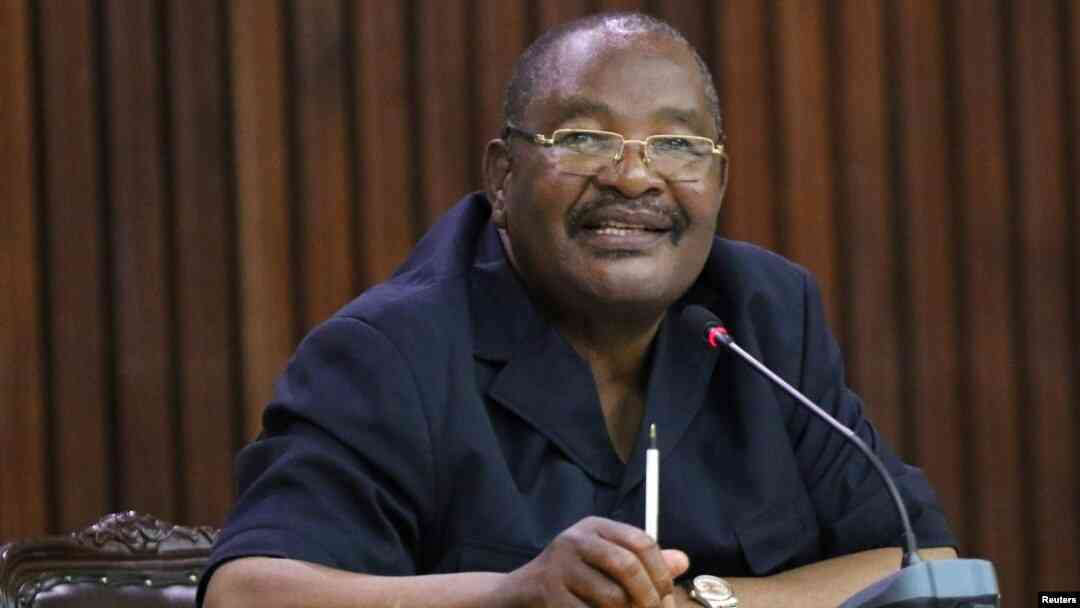
THE slide in the United States away from Abraham Lincoln’s concept of democracy has parallels in Africa.
When governments “of, by, and for the people” start to slip backwards, it is time to examine what is replacing them, says American public policy specialist, Godfrey Harris, who worked as an advisor to the 36 th US President Lyndon Johnson.
“In the US today, lobbyists and bureaucrats, supported by an army of lawyers, now effectively control the federal government. America’s elected officials have become mere facilitators and American voters have been reduced to observers,” Harris said.
The magic ingredient for the sauce that changed how the US government works, he said, is money.
Lobbyists for major corporations, non-profit organisations, labour unions and ethnic groups are now permitted to provide unlimited funds to benefit the decision makers in Congress and the Administration — and these decision makers, as a consequence, tend to formulate government policy for the benefit of these lobbying interests.
“It effectively keeps the public out of the arrangement,” Harris said.
“All very neat — and on the road to authoritarian government.”
He revealed this often overlooked slow-motion change in how the world’s most powerful country is governed in a conversation about the second life his book, Lobbycratic Governance, is now having in the United States. Harris points out that there are only 535 legislators in the US Congress and some 1 200 Senate-confirmed Presidential appointees.
- Open letter to President Mnangagwa
- Feature: ‘It’s worse right now than under Mugabe’: Sikhala pays the price of opposition in solitary cell
- Masvingo turns down fire tender deal
- Human-wildlife conflict drive African wild dogs to extinction
Keep Reading
But there are more than 100 000 registered lobbyists in Washington and about 80 000 lawyers living in the area.
This group, together with the senior civil servants working for the agencies of the executive branch and Congressional committees, create the rules and regulations that favour their past, current, or future employers — those major corporations, non-profit organisations, labour unions and ethnic groups. Similarly, lobbyists and bureaucrats taking over government policy happened in elephant-over-populated and wildlife-rich Botswana in 2014.
Former president Ian Khama, along with unelected senior government officials, introduced a wildlife management policy dictated, controlled and funded by animal rights groups. The policy involved a ban on international hunting. Khama imposed it without consulting any of the hunting communities impacted by this decision.
The hunting communities protested with wildlife revenge killings. When President Mokgweetsi Masisi assumed office in 2019 he lifted the international hunting ban.
His former Minister of Environment and Tourism, Engineer Kitso Mokaila had warned that the biggest threat to successful wildlife conservation and the economic well-being of Africa comes from outsiders.
He said that these Western countries and their animal rights groups “continue to dictate to Africa on how it should manage and use its wildlife as if we do not know how to do it ourselves”.
It is the same type of public harm that such lobby groups and bureaucrats are causing in the US. Harris said their actions deepen the divide that is now separating the far left and far right in American politics. He believes that a country left to the dictates of lobbyists and bureaucrats risks losing the benefits that democratic values provide.
As a result, Harris fears that the United States as the oldest continuously governed democratic country in the history of the world — now just three years from the 250 th anniversary of its founding and independence from England — may slip further into authoritarian ways. He believes that the solution lies in using 21st century technology to make democracy “of, by, and for the people” function once again.
Accordingly, he is working on bringing a social media platform to life that concentrates on engaging the public with the political issues of importance to them.
Harris wants to provide an independent means to follow, comment, critique, and support governmental activities in real time and totally separate from the activities of the lobbyists, bureaucrats and media
clustered in Washington.
He said that the new social media platform to enhance democracy is called Involved Citizens (IC).
“It will be a social media site with a difference,” said Mr Harris. “It will go beyond polls, focus groups and elections to determine what a concerned citizenry wants.”
It will use an artificial intelligence (AI) assistant named “George” to get any participant’s idea, comment, or complaint to the right people with the right authority to resolve a particular issue.
To reinforce the importance of any matter, George can show elected officials in real time how many in their districts are following an issue. There is nothing better than voters’ interests expressed in solid percentages to capture the attention of an elected official.
Harris noted that while the organisations sponsoring lobbyists can put a lot of money into any official’s election campaign, money can never trump votes in a democracy.
He thinks that the new social media site IC, if properly managed and secured from manipulation, can be the great equaliser to the huge sums now spent on getting the right (read compliant) people elected to office.
Harris also believes that George and the IC site, in the hands of southern African managers, can work to benefit Sadc wildlife producer communities to weaken the influence of the animal rights fundraising industry NGOs. Harris is introducing a solution for America’s failing democracy. That same solution could also be a game changer in wildlife-rich southern Africa.
Now, many involved in conservation seem to enjoy what the role of “victim” provides. Being “victims” gives them the cover for doing nothing and trying nothing new to improve the conservation and socio-economic needs of southern Africa.
“It is high time that those in charge of Sadc countries’ conservation policies start studying some of the new and legal international wildlife proposals already on their tables. Those proposals can fund sustainable conservation and development initiatives for the benefit of local communities and the wildlife that surrounds them,” Harris said.
In contrast the African countries such as Kenya that banned international wildlife 3 hunting in 1977 continue to experience poaching which international and regional observers say continues to cause significant declines in the East African country’s wildlife populations.
The UN international wildlife trade regulating agency CITES approves the hunting quotas (fixed numbers of animals) and there is a process of permits that legalises the hunting trophies.
According to the World Wide Fund For Nature Southern Africa Regional Office’s 1997 Quota Setting Manual, the main purpose of a quota is to identify the number of animals that can be killed without reducing the population.
Why then do the animal rights fundraising industry NGOs claim that hunting is harming wildlife? It’s all done to fundraise through whipping up public emotions in the Western countries.
Most of them destroyed their wildlife centuries ago. Far removed from African wildlife, they easily get brain-washed and green-washed to oppose international hunting out of ignorance.
When they know the truth that their donations are being pocketed by the animal rights groups with nothing notable going to wildlife and habitat conservation, they shall eventually stop donating to them.
It is the revenue from international hunting that actually supports wildlife and habitat conservation in Southern Africa. In Zambia hunting benefits made the South Luangwa community that had resisted family planning for a long-time finally embrace it, because they knew overpopulation would take away land set aside for wildlife, effectively ending their benefits from it.
In Namibia’s Anabeb Community, wildlife ‘told’ the local residents to abandon cattle production. There, the benefits from wildlife are greater than those from cattle.
Then in Zimbabwe’s Masoka hunting community wildlife built a school that has produced and is producing medical doctors, accountants, teachers nurses and technicians. These highlighted truths about international hunting benefits make the animal rights groups lies; told with the exclusive aim to fundraise and fill their pockets with money, sound like someone who tells you that ‘the sun is no longer rising from the east.’
“If the Western countries and animal rights groups want to block international hunting in Africa then they are not welcome to Southern Africa,” said South Africa’s Wilson Nemadhzilili, a Mphaphuli Traditional Council Representative whose community is right next to the elephant- overpopulated Kruger National Park.
- Koro is a Johannesburg-based international award-winningenvironmental journalist who writes independently on environmental and developmental issues in Africa.











